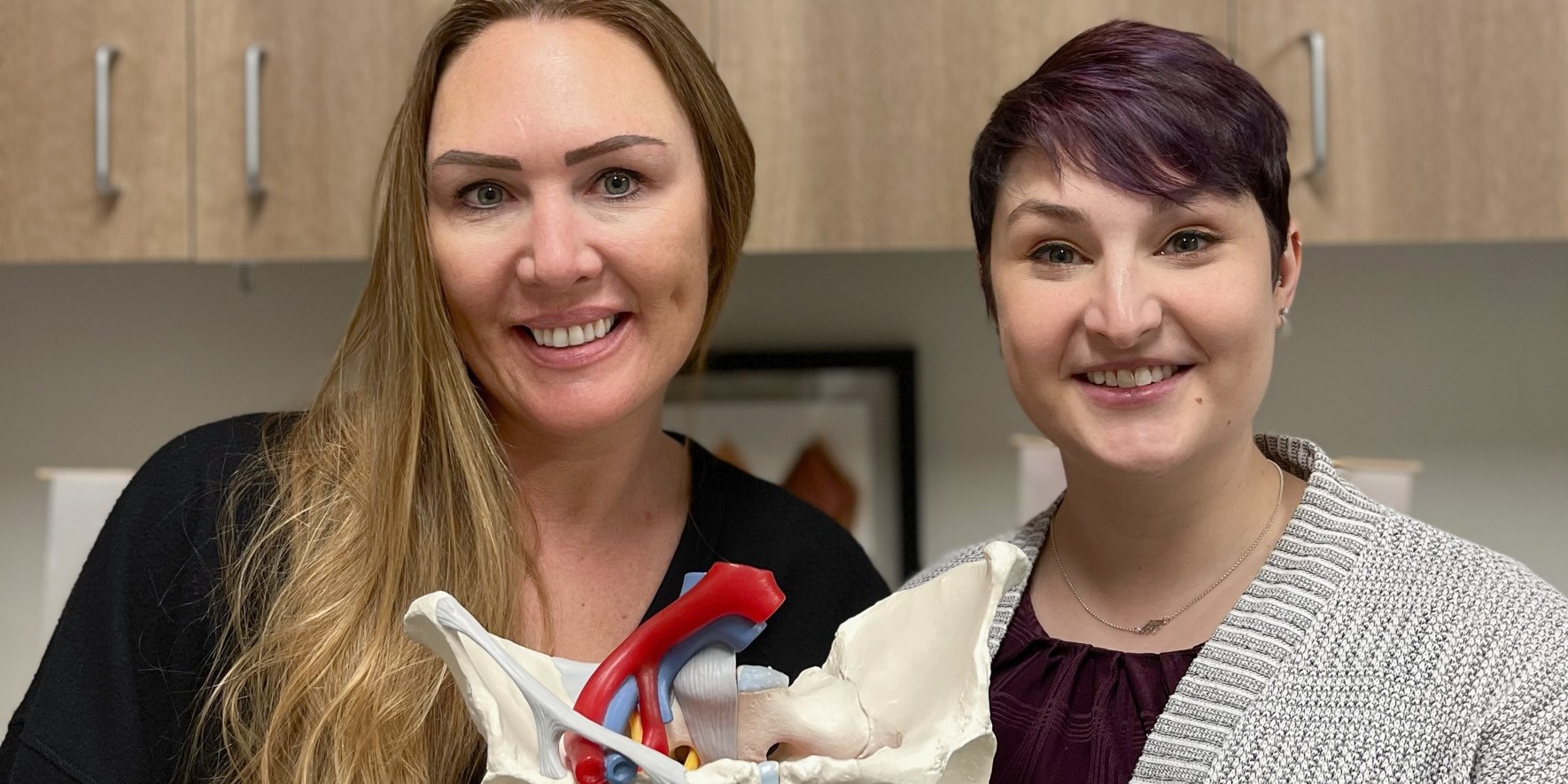Fiber Tips
If you are dealing with patients who eat the "standard american diet," also known as "SAD," then you may find yourself sharing basic nutritional advice. With regards to bowel health, a topic that is covered in the 2A course, many patients have questions about amount and types of fiber. Johns Hopkins has issued a helpful health alert titled, "What's so great about fiber?"Fiber is helpful in balancing digestive health so that stool form is moderate versus too loose or too hard. Many patients lives are significantly affected by having difficulty emptying the bowels or by having difficulty avoiding bowel leakage due to poor stool form.
Some helpful tips in the health alert include getting the right amount of fiber. Most people who track the amount of fiber in a daily diet find that they think they are getting more fiber than they really are. For men and women the range of recommended fiber is 21-30 grams. Keep in mind that an average apple may have 5 grams, and you start to see that you really do need a healthy dose of fruits and vegetables to get to an ideal number. Check out this list from the mayo clinic to see some high fiber foods and the content levels. You will note that legumes such as lentils, split peas, or black beans really pack a large amount of healthy fiber per serving.
It is recommended that we eat both soluble and insoluble fibers for dietary health, and the way to achieve that is to eat a variety of foods including "whole" foods, or items that are less processed. Adding fiber gradually to the diet and drinking a healthy amount of water helps to avoid excessive gas and bloating. At the grocery store we also see increased foods that are supplemented with extra fiber. The Johns Hopkins health alert advises that whole foods such as grains and fruits, vegetables are superior to supplements. The alert also states that most Americans get only 40% of the recommended fiber in the diet. The National Fiber Council has a fiber chart so you or your patient can keep track of your intake. For your clinic needs you can also check out the Prolapse/Colorectal Care Manual available on this website as it has fiber logs, fiber charts, and information for patients about bowel health and dietary fiber.
By accepting you will be accessing a service provided by a third-party external to https://www.hermanwallace.com/








































